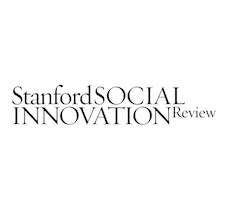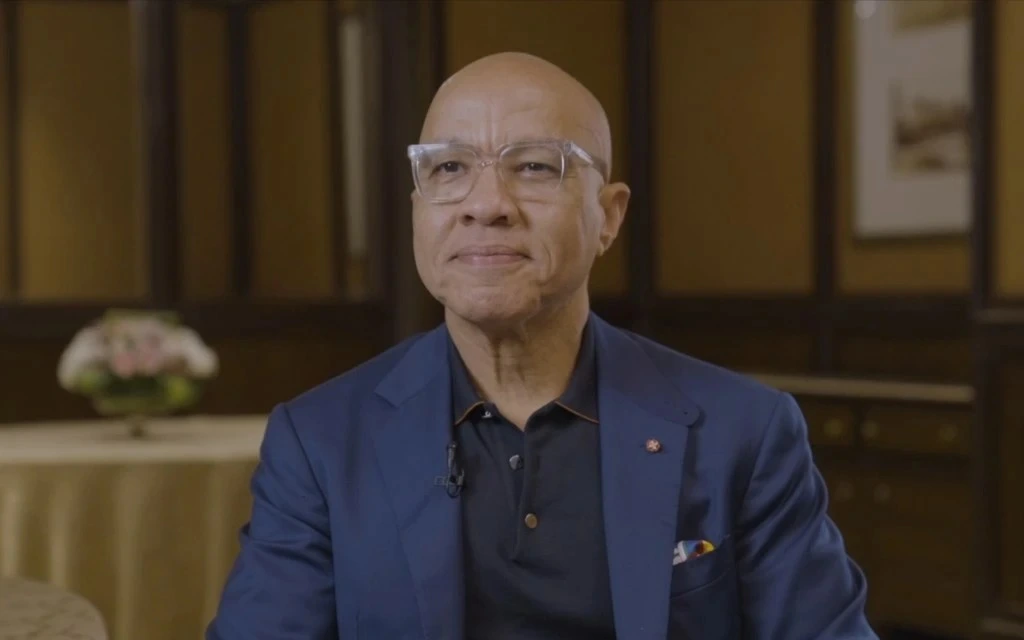Lindsay Louie & Fay Twersky worked with two companies–Harder+Company and Edge Research–to conduct a first-of-its kind collaborative field scan aimed at understanding how knowledge products influence philanthropic practice in the United States.
The field scan included a survey with 738 foundation employees, 75 interviews with a representative sample of foundation staff and board members, and four in-depth case studies.
Below is an excerpt from their article. More in-depth insights from their research can be found here.
Funders do use knowledge.
Importantly, we found that knowledge does indeed influence funders’ practice. Funders primarily use it to question or affirm current practice, and to compare their foundation to the field.
Peers are the main way funders seek out knowledge.
Funders’ primary source for knowledge is peers and colleagues (92 percent), followed by conferences, email/newsletters, and grantee interactions.
Curation is important.
One challenge facing knowledge producers is that foundation staff feel overwhelmed by the volume of information coming at them, regardless of whether or not they ‘opted-in’ to receive it. Similarly, foundation boards say they face their own firehose of information and generally look to staff to curate knowledge about philanthropic practice; it rarely reaches them directly.
Grantees are an important source of knowledge.
More than two-thirds of survey respondents (67 percent) cited grantee interactions as one of the main ways they seek out knowledge. This finding stood out to us because while power dynamics between funders and grantees may sometimes inhibit candor, it’s clear that many funders recognise grantees’ valuable expertise.
There are no ubiquitous trusted sources.
We were most surprised to find that, with some important exceptions, trust in and loyalty to specific knowledge producers and disseminators seemed relatively low. No specific knowledge producer was cited as a trusted source by substantially more than 25 percent of respondents.
Knowledge alone is insufficient for making practice change.
Last but certainly not least, for a knowledge product to catalyse or contribute to change, it must be part of a larger process that includes trust, accessibility, peer support, organisational readiness, and leadership support and interest. Change is a complex process, and knowledge is but one piece of the puzzle. Knowledge can spark or help catalyse change, but it’s rarely sufficient on its own.
–
When we embarked on this scan in partnership with the organisations we fund, our hope was that our findings would both help us better understand the assumptions embedded in our strategy, and provide grantees with more-nuanced and relevant data to inform their work. It has succeeded at both. Together with the organisations we fund, we are committed to repeating this research in a few years.






